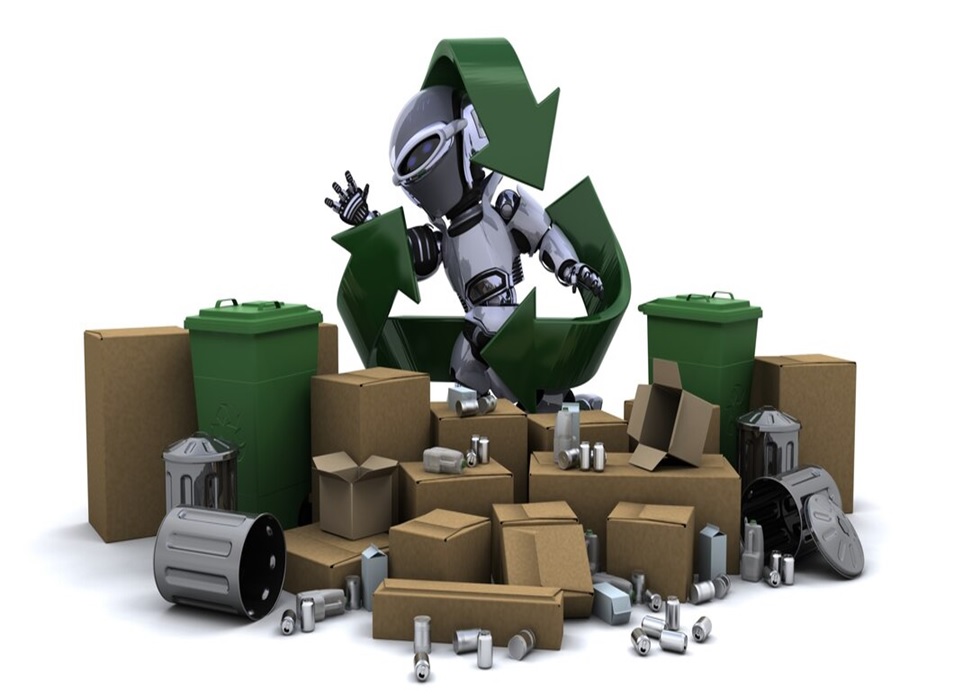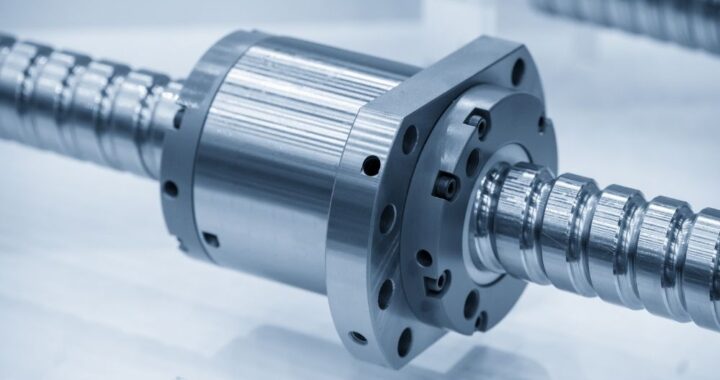The Importance of Commercial Scrap Metal Recycling Services in Today’s Business Environment

In today’s rapidly evolving business landscape, sustainability and environmental responsibility have become integral components of corporate strategy. One area where businesses can make a significant impact is through the adoption of commercial scrap metal recycling services. These services not only contribute to environmental conservation but also offer various operational and financial benefits to businesses across different sectors.
Environmental Benefits
Commercial Scrap Metal Recycling Services play a crucial role in reducing the environmental footprint of businesses. Metals are non-renewable resources that require significant energy and resources to extract from the earth. By recycling scrap metal, businesses can conserve natural resources and reduce the energy-intensive processes associated with mining and refining new metals.
Moreover, recycling metal reduces greenhouse gas emissions and air pollution. Processing recycled metal requires less energy compared to producing virgin metal from ore, resulting in lower carbon dioxide emissions and less air pollution. This environmental stewardship aligns with global efforts to mitigate climate change and preserve natural ecosystems.
Economic Advantages
Beyond environmental benefits, commercial scrap metal recycling services offer compelling economic advantages to businesses. Recycling metal allows companies to generate revenue from materials that would otherwise be disposed of as waste. Scrap metal, such as aluminum, copper, and steel, retains significant market value and can be sold to recycling centers or manufacturers for reuse in various industries.
Additionally, recycling metal reduces waste disposal costs for businesses. Disposing of scrap metal in landfills often incurs substantial fees due to its weight and volume. By recycling, businesses can avoid these disposal costs and potentially earn income through the sale of recyclable materials, thereby improving their overall financial performance.
Resource Conservation and Sustainability
The conservation of natural resources is another critical benefit of commercial scrap metal recycling services. Metals are essential for manufacturing a wide range of products across industries, including construction, automotive, electronics, and packaging. By recycling metal, businesses contribute to the circular economy by reintroducing valuable materials back into the production cycle.
Furthermore, recycling metal reduces the need for extracting and processing raw materials, which helps preserve natural habitats and biodiversity. It also decreases the environmental impact associated with mining activities, such as deforestation, habitat destruction, and water pollution. Thus, commercial scrap metal recycling services promote sustainable practices that support long-term resource availability and environmental health.
Compliance and Corporate Responsibility
Adopting commercial scrap metal recycling services also enhances corporate compliance with environmental regulations and demonstrates commitment to corporate social responsibility (CSR). Many governments worldwide impose regulations on waste management and recycling practices to reduce environmental impact and promote sustainable development. By adhering to these regulations and implementing recycling initiatives, businesses can avoid potential fines and penalties while enhancing their reputation as environmentally responsible entities.
Moreover, integrating scrap metal recycling into corporate CSR strategies can attract environmentally conscious consumers and investors. Stakeholders increasingly value businesses that prioritize sustainability and demonstrate proactive efforts to minimize their environmental footprint. Embracing commercial scrap metal recycling services not only meets regulatory requirements but also enhances brand reputation and fosters positive relationships with stakeholders.
Conclusion
In conclusion, commercial scrap metal recycling services are invaluable assets for businesses seeking to enhance their environmental stewardship, reduce operational costs, and promote sustainable development. By recycling scrap metal, businesses contribute to resource conservation, mitigate environmental impact, and comply with regulatory requirements. Moreover, these services offer economic benefits through revenue generation and cost savings associated with waste disposal.
As businesses continue to prioritize sustainability and corporate responsibility, commercial scrap metal recycling services emerge as essential tools for achieving environmental goals while maintaining financial viability. Embracing these services not only positions businesses as leaders in sustainability but also strengthens their resilience in a competitive global market driven by environmental awareness and resource efficiency.


 Customised Facilities Management Solutions: Tailoring Services to Meet Industry-Specific Needs
Customised Facilities Management Solutions: Tailoring Services to Meet Industry-Specific Needs  Professional photography company helps in marketing
Professional photography company helps in marketing  Top Training Courses to Boost Employee Performance in Australia
Top Training Courses to Boost Employee Performance in Australia  Need Seamless HR Integration? Find the Best Onboarding Software!
Need Seamless HR Integration? Find the Best Onboarding Software!  The Precision and Efficiency of the Ball Screw BLK by THK
The Precision and Efficiency of the Ball Screw BLK by THK  OP Service Korea: Providing Outstanding Services to the Suwon Community
OP Service Korea: Providing Outstanding Services to the Suwon Community